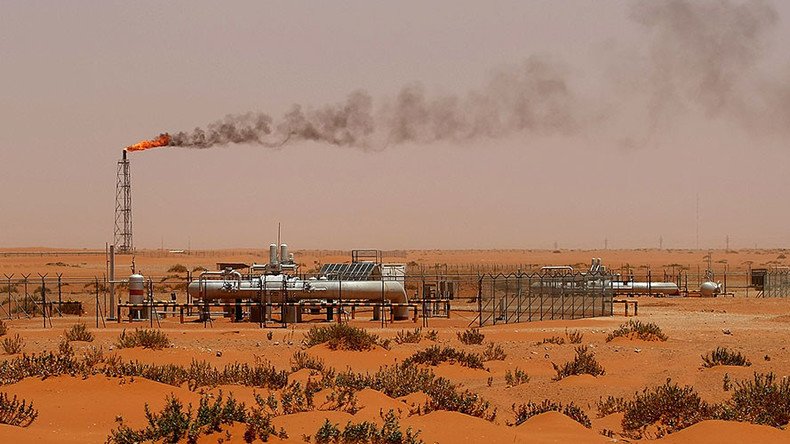Saudis set to cut June crude oil exports to Asian markets

Saudi Arabia will reduce its crude oil exports to the Asian market by around 7 million barrels in June, Reuters reported on Tuesday, citing a source with first-hand knowledge of the matter.
Saudi Aramco is set to cut its crude supplies to China, South Korea, and South East Asia by 1 million barrels each. In addition, Saudi exports to Indian buyers next month are set to decline by just over 3 million barrels, and supplies to Japan will drop by just below 1 million barrels, according to Reuters’ source.
Saudi Arabia has begun cutting oil exports in addition to cutting oil production, according to new April shipping figures released by ClipperData. The numbers show that the Saudis cut exports by 670,000 bpd in April, which represents the sharpest drop in 2017 and a U-turn in the Kingdom’s export trend so far.
Until last month, sources from Asian companies were mostly telling media that they would not see a change in their crude oil supplies from Saudi Arabia. Saudi Arabia was expected to export full volumes of crude oil to at least three Asian clients in May, in a move suggesting that the Kingdom is determined to maintain its market share on the prized Asian market.
In a bid to defend its Asian market share, earlier this month Saudi Arabia lowered yet again the official selling prices (OSPs) for the crude grades it sells to Asia in June, while pricing for all other regions was raised.
With the reports of expected lowered supplies to Asia in June, and the data pointing to Saudi Arabia having cut April crude exports, the Kingdom may be showing fellow OPEC members and the rest of the oil-producing countries that it is trying to reduce the global oversupply, and enter the negotiations for the OPEC deal extension from a position of the member that has done the most in this agreement.
Read more on Oilprice.com: 5 Clean Energy Innovations That Could Transform Our World
Just yesterday, the latest comment dropped by Saudi Arabia’s Oil Minister Khalid al-Falih pointed to OPEC possibly extending the cuts into 2018.
This article was originally published on Oilprice.com













